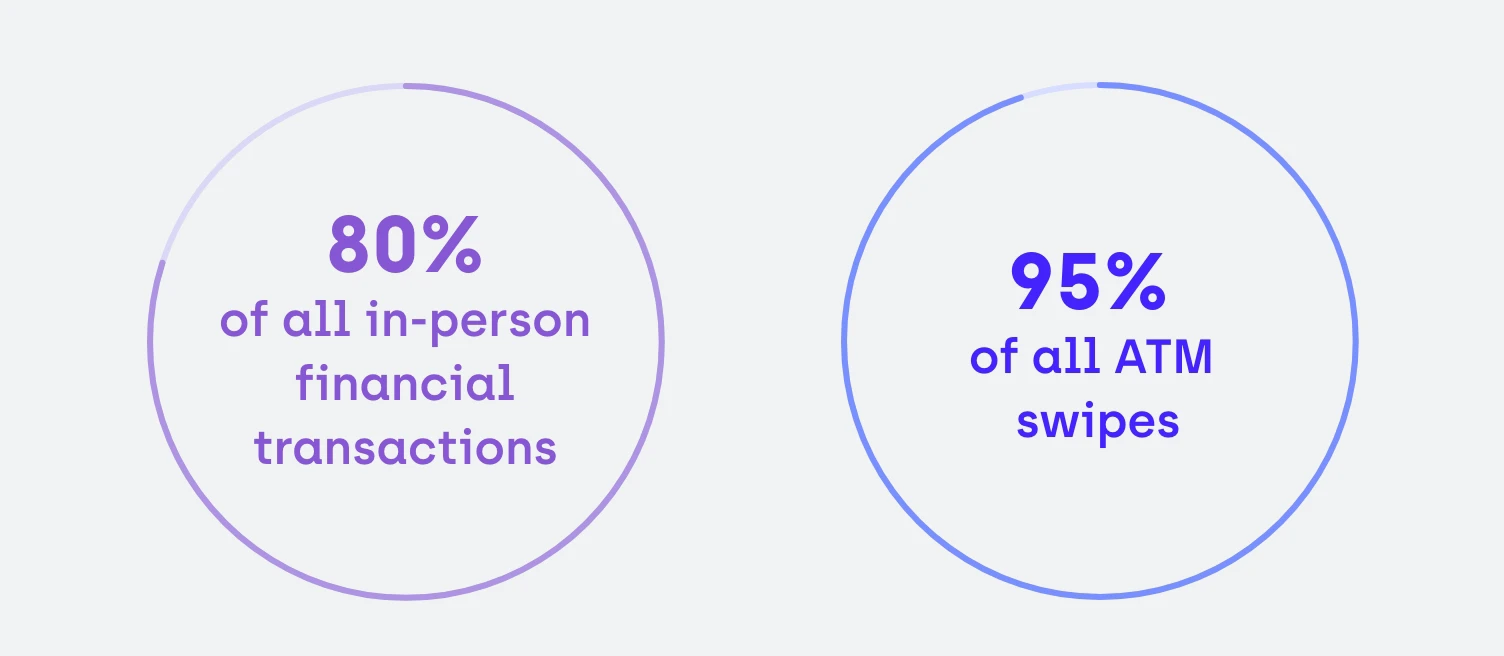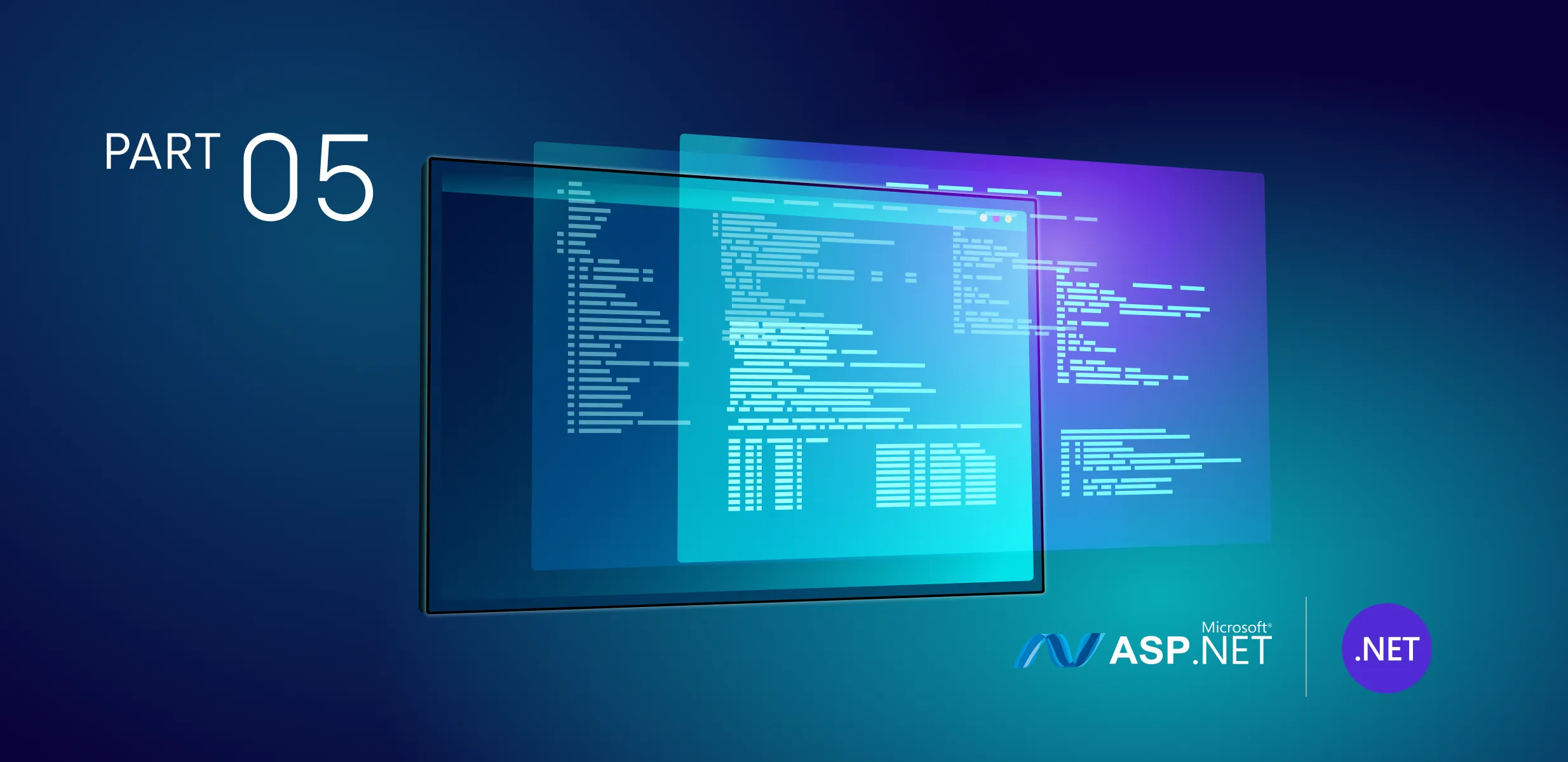
Resources? What resources? Or...

“I want to grow up to be a COBOL developer!” Said nobody since the last ice age.
We’ve all seen the movie. Earth’s resources are running out. The elements critical to survival are now so scarce that the mega-corporations running the world are on the brink of failure. They’re desperate. They steal from other corporations. They pay head-hunters small fortunes to secure what is left and protect what is theirs. And everyone goes along, because for a mega-corporation to fail, means the failure of society.
Oh, wait. That isn’t a movie. It’s how banks and governments see COBOL developers!
Yesterday’s workers for yesterday’s tech
According to Reuters, there are 220 billion lines of COBOL code still in use today. They run 80% of all in-person financial transactions, and 95% of all ATM swipes.

But we’re running out of COBOL developers. Nobody is writing new projects in COBOL, and very few young developers are learning COBOL or other deprecated languages. The largest financial institutions in the world have a very unhealthy dependency on a language with very few active developers left, and almost no new developers being trained. According to the 2023 Stack Overflow Developer Survey, only 0.61% of all programming students are learning COBOL. Of the existing professional COBOL developers, most are in their mid to late 50s. (older COBOL devs have retired). With $3 Billion per day going through COBOL-run systems and the fight to retain developers to handle maintenance and integrations, there’s no kidding about the “scarce-resources” intro.
The same is true for other deprecated technologies, from Flash to Fortran.
If it ain’t broke, maybe we should still fix it…
How did we get to this point? Why do companies hang on to old tech? First, there’s the “If it ain’t broke, don’t fix it.” mentality, which, along with cost-cutting, is co-enabling a head-in-the-sand avoidance issue. Some companies, though, did take modernization head-on. In 2012, The Commonwealth Bank of Australia modernized its old COBOL systems with help from Accenture and SAP, and it took 5 years and $750MM. The spate of mergers and acquisitions has only made the layers of dependency on old technology harder and more expensive to untangle. This is a huge expense companies will have to incur someday, and this upcoming payment on technical debt is not on any ledgers or financial reports.
Where’s the opportunity?
So, other than studying COBOL and shorting bank stocks, what is the business opportunity here? You could corner the market on COBOL developers and start your own consulting company; you’ll have a captive (but dwindling) market. Or you can make sure your business doesn’t suffer a similar fate. Don’t be that guy running Pascal or Visual Basic five years from now. By budgeting for modernization projects, you can avoid the head-in-the-sand problem currently facing some pretty big companies out there.
Tomorrows workers need tomorrows tech
Tomorrow’s exciting technology includes artificial intelligence, the Internet of Things, mobile computing, and digital transactions for almost everything. You already know that if you keep your infrastructure up to date with modern frameworks and resilient architecture, you’ll compete in this space much more easily. And you should also keep in mind that sticking with yesterday’s tech means that you will have to offer fortunes to pull old developers out of retirement. It will also be hard for you to hire the brightest future-thinking developers if you’re asking them to work with dull dead-end technology. Bite the bullet and modernize now. Make your life easier when you implement new features and be that company that the best new developers want to join. Your codebase, your staff, and your business will thank you for it.





